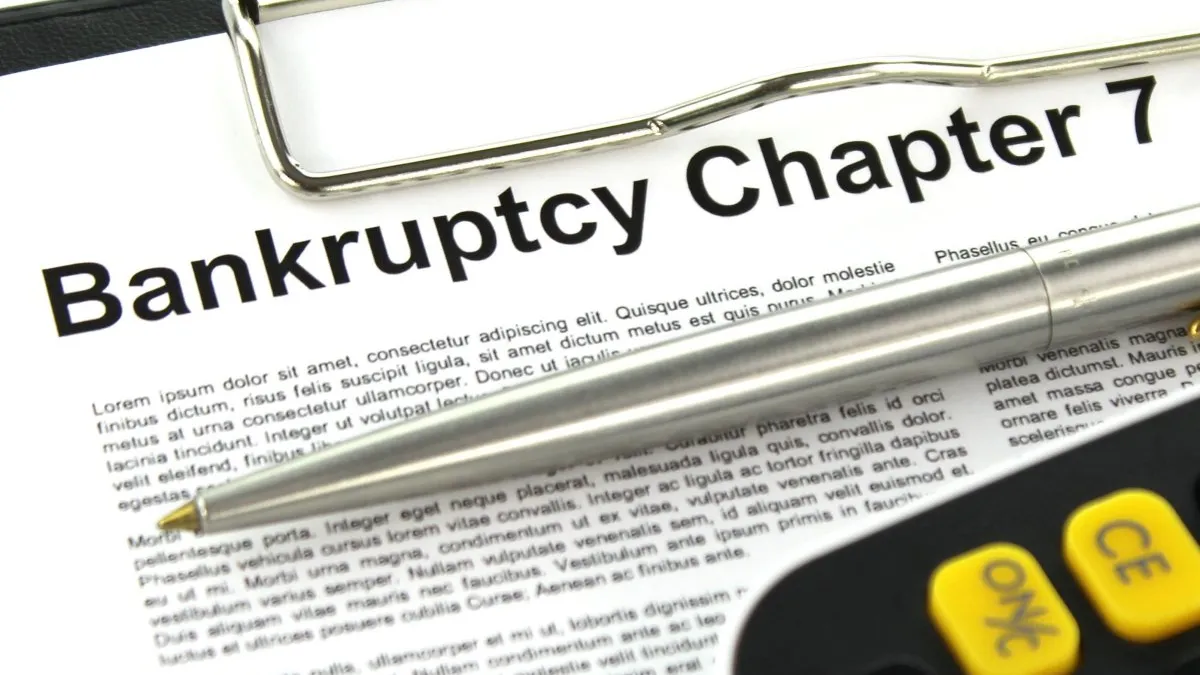UPDATE: July 26, 2019: AirXpanders’ assets will be liquidated and claims paid in accordance with its voluntary petition for relief, filed in the U.S. Bankruptcy Court for the Northern District of California on Wednesday. The company's board of directors has been dissolved.
The decision came “after considering all strategic alternatives,” according to an SEC filing in which the company reported total assets of approximately $18.46 million and liabilities of $19.77 million. AirXpanders' official delisting from the Australian Securities Exchange will likely occur by the end of September, the filing said.
Dive Brief:
- San Jose, California-based medical device company AirXpanders, which entered the U.S. market in 2017 with a De Novo for its soft tissue expansion system used in breast reconstruction, announced this week it will immediately cut the majority of its staff and file for Chapter 7 bankruptcy.
- The news came two days after the company announced a 510(k) clearance for a new smooth shell version of its product, which it said was also in the process of being reviewed for a CE mark.
- AirXpanders has been listed on the Australian Securities Exchange since 2015. The Aeroform patient controlled tissue expander was on the Therapeutic Goods Administration's July 11 list of breast implant products up for suspension following regulators' review of breast implant associated anaplastic large cell lymphoma (BIA-ALCL).
Dive Insight:
AirXpanders wrote this week it's aiming to file a petition for relief under Chapter 7 by July 26. Per the SEC filing, the company said it plans to immediately cut its employee count from 35 to eight, with additional reductions anticipated.
The company's first-of-its-kind FDA submission in 2015 created a class of carbon dioxide gas controlled tissue expanders. Designed for patients undergoing two-stage breast reconstruction, the product consists of an inflatable shell filled with carbon dioxide that uses a remote controller to administer doses of the gas from a container implanted inside the device.
The company notified investors last week its sole product faced a six-month suspension from the Australian Register of Therapeutic Goods.
"Due to the limited history of AeroForm in Australia, TGA has preliminarily concluded that any link between the device and BIA-ALCL is yet to be seen in Australia," CEO Frank Grillo said in a statement responding to TGA's decision. "[D]ue to the much shorter implantation time, we do not believe a tissue expander should be evaluated in the same manner as a permanent breast implant.”
Competitors Allergan and Johnson & Johnson company Mentor, which both also sell breast implants, also had expander products on TGA's cancellation and suspension lists.
Grillo has headed up the company for just over a year. He formerly served as vice president of marketing and business development at Intuitive Surgical for six years and worked with Boston Scientific for more than a decade, part of which was spent as vice president of marketing in the women's health division. He also managed marketing at orthopaedic balloon maker Kyphon, which was sold to Medtronic for approximately $3.9 billion in 2007.
AirXpanders wrote in its 2018 annual report that, prior to 2017, all of the company's net revenues came from sales of AeroForm in Australia. Last year, about 90% of the company's revenues were generated from U.S. customers with the remainder from customers in Australia.
The company ended 2018 with an accumulated deficit of about $122 million.
In its most recent quarter, reported July 8, the company said its revenues totaled $1.87 million — all but $80,000 of which came from the U.S. The company eliminated its direct sales force in Australia in the third quarter of 2018, at which point it began using a third-party distributor.
AirXpanders announced May 8 it had hired investment bank Cowen "to evaluate opportunities to explore a wide range of financial and strategic alternatives."
A company spokesperson could not be reached for comment.











